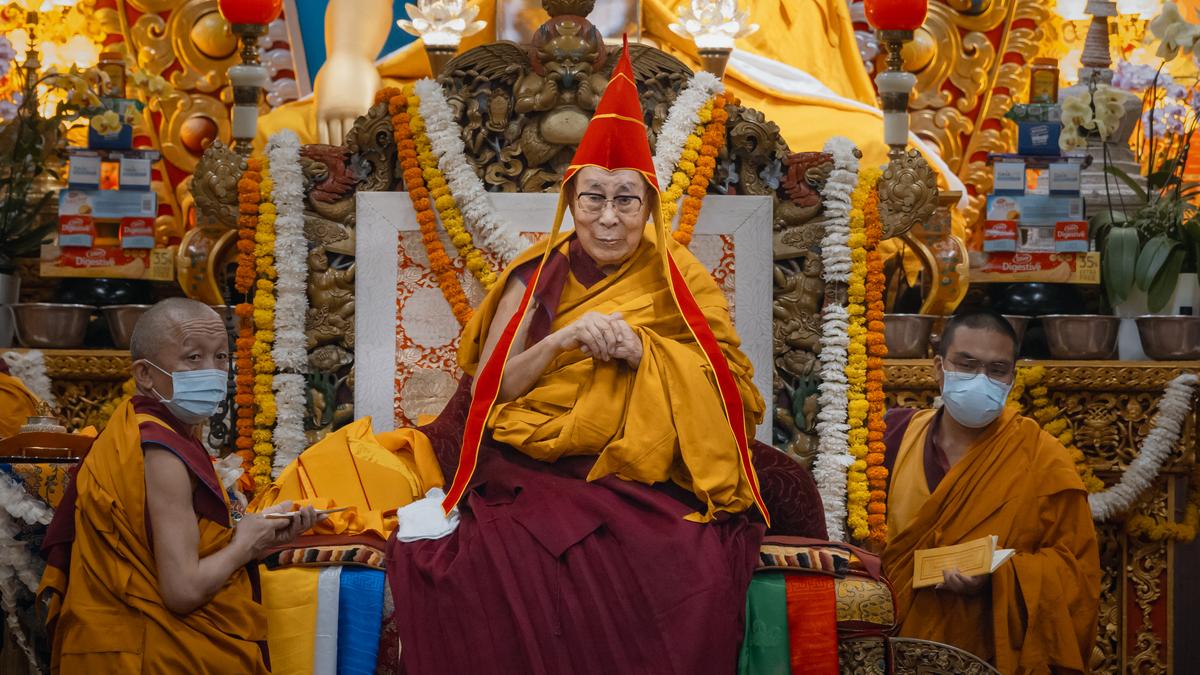Now Reading: Dalai Lama’s Gaden Phodrang Trust: A Legacy of Leadership
-
01
Dalai Lama’s Gaden Phodrang Trust: A Legacy of Leadership
Dalai Lama’s Gaden Phodrang Trust: A Legacy of Leadership

Quick Summary
- The 14th Dalai Lama affirmed that the institution of the Dalai Lama would continue after his death and stated that succession will be decided by the Gaden Phodrang Trust,which he established in 2011.
- The proclamation has sparked a response from Beijing, which insists on having a say in approving successors based on Qing dynasty traditions involving selection via a “Golden Urn.”
- The Gaden Phodrang Trust is tasked with recognizing the 15th Dalai Lama by consulting Tibetan Buddhist leaders and following written instructions left by the current dalai Lama.
- In prior statements, including one dated July 2, 2025, the Dalai Lama made it clear that no recognition should be given to politically influenced candidates selected by external entities like China’s government.
- He stressed that his successor should ideally be born in a “free world,” outside of China’s Tibetan autonomous Region (TAR).
- Prof. samdhong Rimpoche clarified at a press conference in Dharamshala ahead of the leader’s upcoming 90th birthday that while steps for future reincarnation are defined, they may not come into effect immediately since the pontiff expects to live up to 110 years.
Indian Opinion Analysis
this announcement highlights tensions surrounding Tibet’s spiritual sovereignty amid China’s claims over succession processes. The Dalai Lama’s declaration reaffirms efforts to insulate Tibetan Buddhist traditions from external political influence while maintaining autonomy through mechanisms such as the Gaden Phodrang trust. His explicit stance poses challenges for Beijing’s long-standing assertion of authority over Tibetan affairs under its control since annexation in 1951.
For India-which hosts both Dharamsala as home to His Holiness and large communities tied to this cultural legacy-the unfolding developments underscore New Delhi’s role as protectorate of exiled leaders’ freedoms. While diplomatically sensitive given ancient relations with China, staying neutral on religious matters could serve India’s broader interests in balancing regional stability without escalating ideological frictions across borders.
























